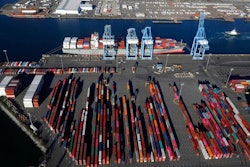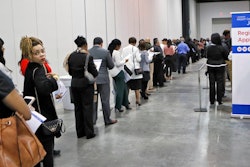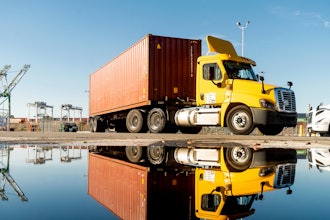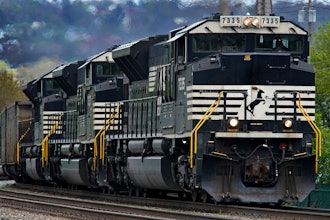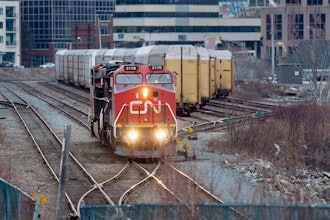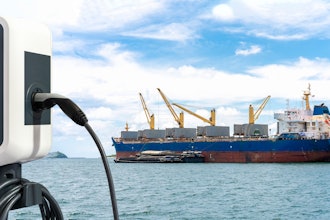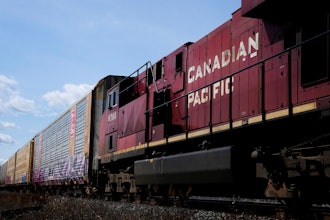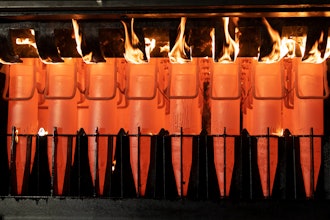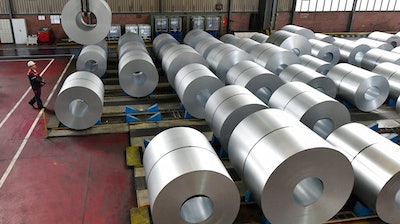
BERLIN (AP) — Concerns are growing that Europe's largest economy may have slipped into a technical recession after Germany's Economy Ministry reported Tuesday that industrial production dropped for the third consecutive month in November.
Factory production was down 1.9 percent compared with October, following declines of 0.8 percent and 0.1 percent in the previous two months, meaning that the crucially important industrial sector will be a sizeable drag on the overall economy during the fourth quarter.
New factory orders were also down 1 percent in November, according to statistics released Monday, suggesting a further production drop could be in the pipeline.
Germany's economy shrank in the third quarter largely because of one-time factors related to new car emissions standards. A fourth-quarter drop would mean Germany will have entered a recession, defined as two straight quarters of negative output.
ING economist Carsten Brzeski said the November production drop was spread across all sectors, and not just a result of the automotive sector troubles.
"In fact, the last significant quarterly surge in industrial production dates back to the fourth quarter of 2017," he said in a research note. "Since then, industrial production has been treading water, first on the back of supply-side constraints and now more recently on the back of weakening demand."
The German government in December cut its 2018 growth forecast to an expansion of about 1.5 to 1.6 percent from a previously anticipated 1.8 percent.
Full-year gross domestic figures are not being released until next Tuesday, but Brzeski said trade data later this week should make clearer whether Germany entered recession in the fourth quarter.
Still, he said, a technical recession "should be nothing to be too worried about," given a strong labor market and other reasons for optimism that "bode well for at least solid industrial and investment activity in 2019."
It does come at a time, however, of growing global concerns, including more protectionist policies around the world, notably between the United States and China, and the upcoming British exit from the European Union.
Economy Minister Peter Altmaier said on ARD television Tuesday that many uncertainties remain in the ongoing negotiations between the EU and the U.S. over trade.
"These are very difficult negotiations and we still do not know how they will turn out," he said.
Still, he said the German economy remains strong, noting company order books remain full.
"We are counting on the recovery to continue," he said.




